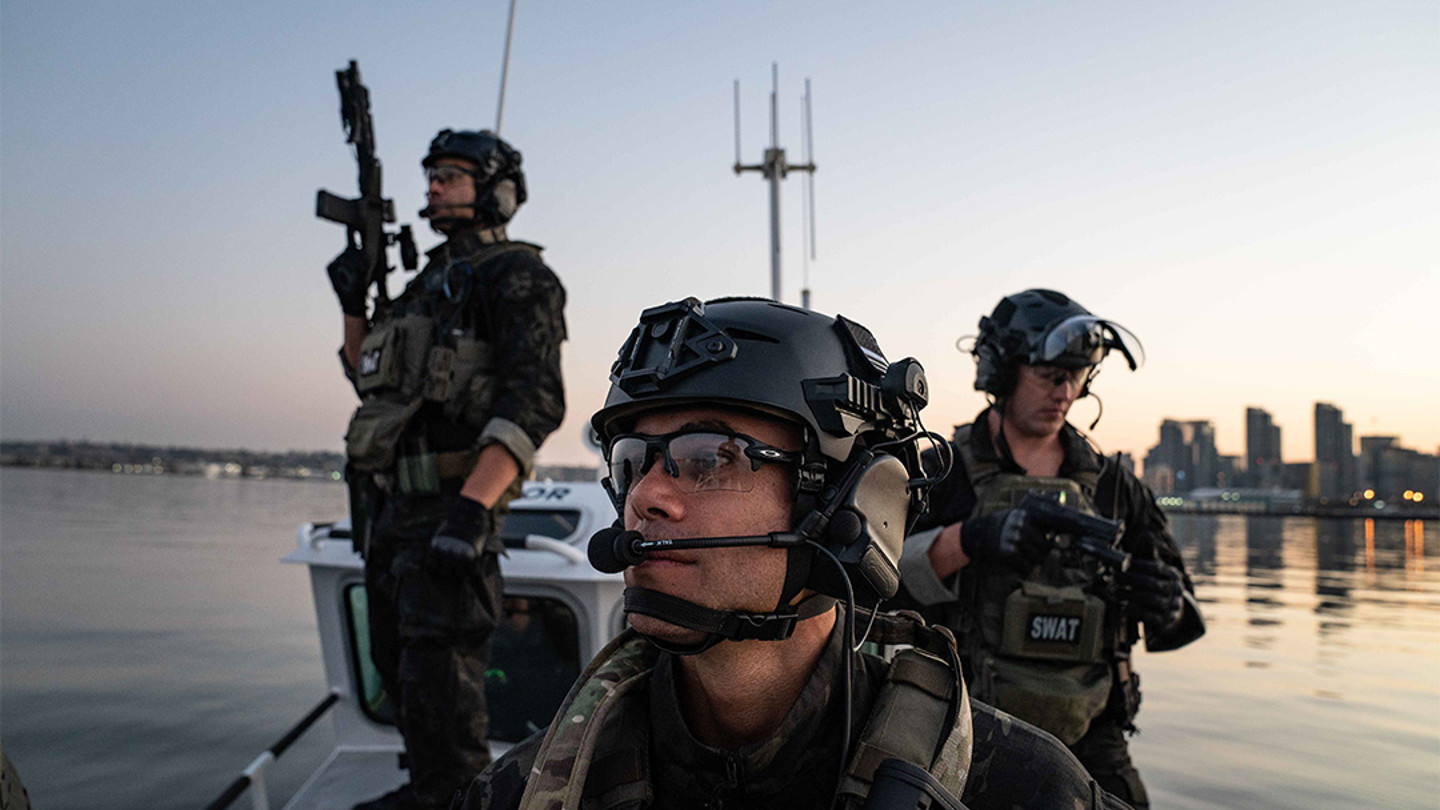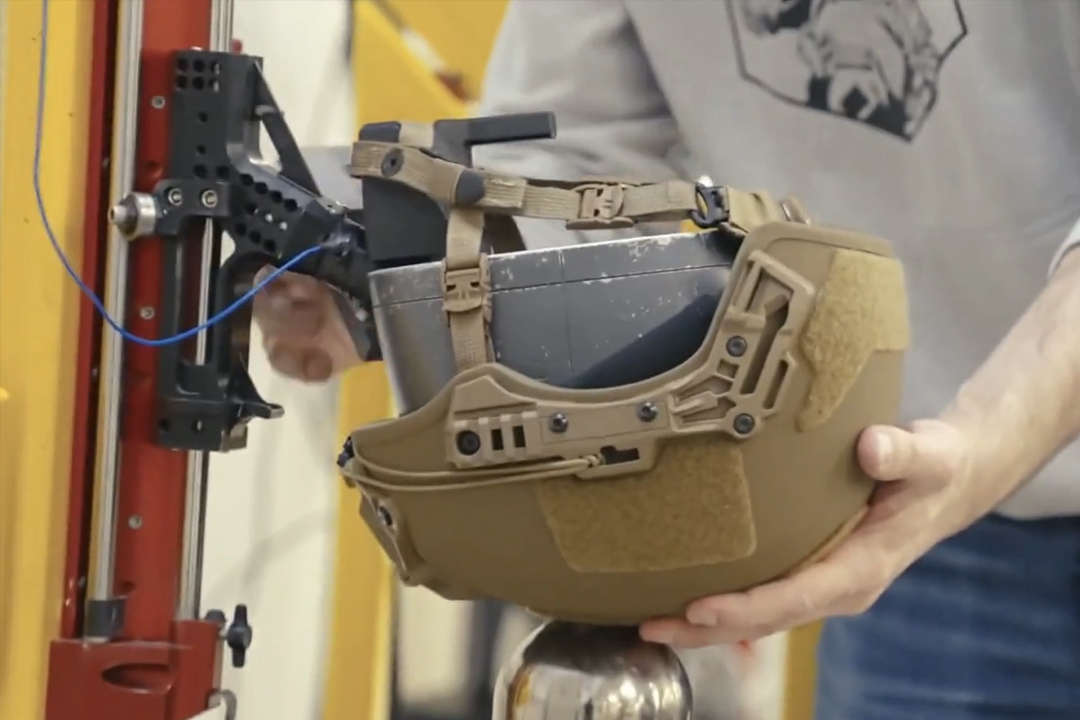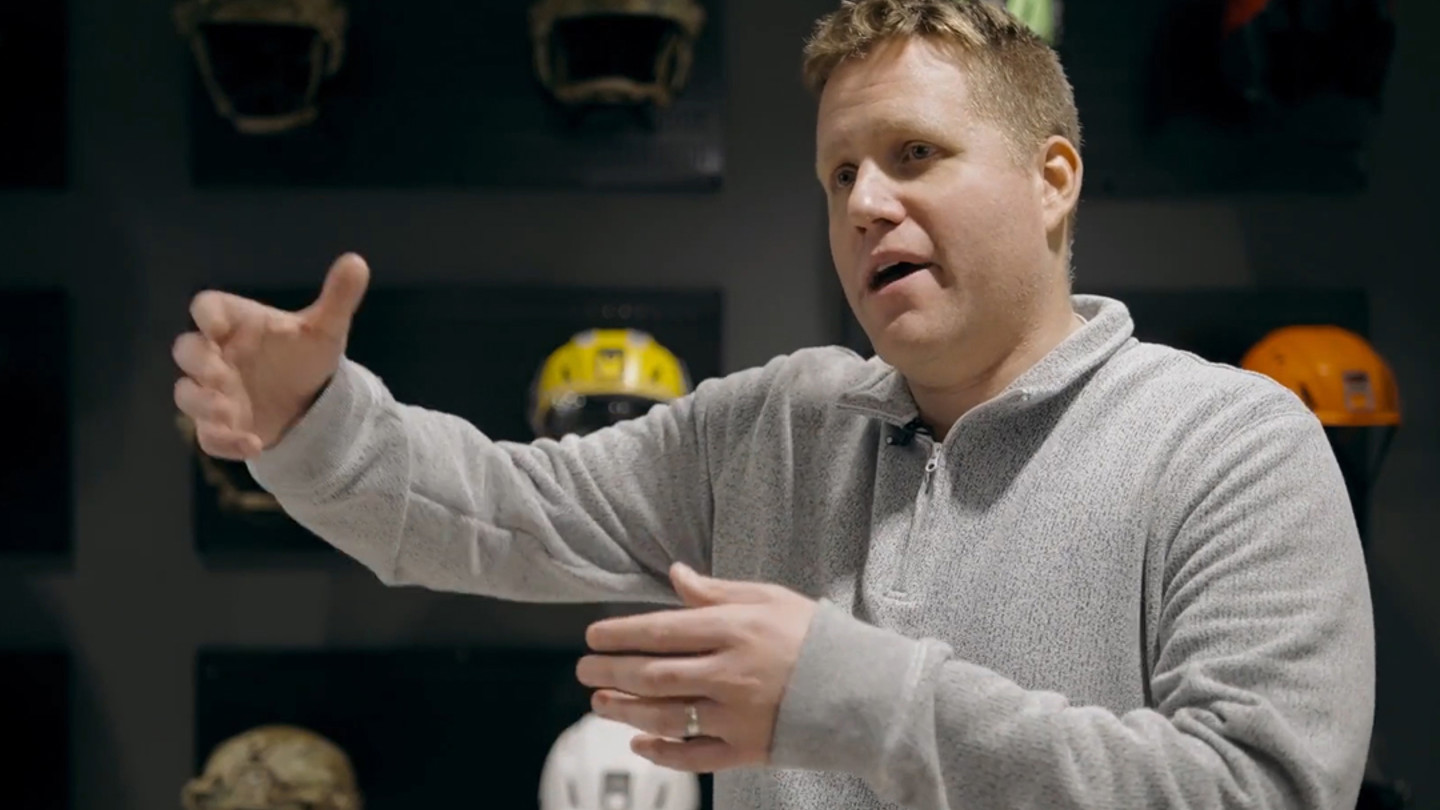Rifle-Rated Ballistic HelmetsBallistic HelmetsBump HelmetsAccessoriesLiner SystemsRetention SystemsSwag & Apparel
Products by mission
Products by mission
CAM FIT™ & H-Back Chinstrap ExtenderCAM FIT™ ECH Hardware KitCAM FIT™ H-Back Retention SystemCAM FIT™ Replacement Hardware KitCAM FIT™ Retention System For ACH/MICH & High-Cut (with NO rails)CAM FIT™ Retention System For USMC ECHStandard Chinstrap
Advanced Carry BagBlue/White W Trucker HatEPIC Air® Fit Liner SystemEPIC® Ballistic Helmet CoversEPIC™ Band Mounted Ballistic Face Shield by Paulson®EPIC™ ProtectorEPIC™ Rail Mounted Ballistic Face Shields by Paulson®EPIC™ Responder PlusEPIC™ SpecialistESS Pivot™ Rail Mount
Advanced Carry BagBlue/White W Trucker HatCAM FIT™ & H-Back Chinstrap ExtenderCAM FIT™ ARC Rail Hardware KitCAM FIT™ ECH Hardware KitCAM FIT™ H-Back Retention SystemCAM FIT™ Replacement Hardware KitCAM FIT™ Retention System For ACH/MICH & High-Cut (with NO rails)CAM FIT™ Retention System For USMC ECHEPIC Air® Fit Liner System
Advanced Carry BagBlue/White W Trucker HatEPIC Air® Fit Liner SystemEPIC® Ballistic Helmet CoversEPIC™ Band Mounted Ballistic Face Shield by Paulson®EPIC™ ProtectorEPIC™ Rail Mounted Ballistic Face Shields by Paulson®EPIC™ Responder PlusEPIC™ SpecialistESS Pivot™ Rail Mount
Advanced Carry BagBlue/White W Trucker HatEPIC Air® Fit Liner SystemEPIC® Ballistic Helmet CoversEPIC™ Rail Mounted Ballistic Face Shields by Paulson®EPIC™ SpecialistESS Pivot™ Rail MountEXFIL® / EPIC® Counterweight KitEXFIL® All-Terrain MandibleEXFIL® Ballistic
Advanced Carry BagADVENTURER™Blue/White W Trucker HatEXFIL® CarbonEXFIL® Carbon / LTP Helmet Comfort Pad Replacement KitEXFIL® Carbon / LTP Rail 3.0 Retrofit KitEXFIL® LTP Rail 3.0 Helmet CoversEXFIL® Maritime LinerHexagon T-ShirtHexagon Trucker Hat
ESAPI Non-Ballistic Training PlateESS Pivot™ Rail MountEXF BalaclavaEXFIL® / EPIC® Counterweight KitEXFIL® All-Terrain MandibleEXFIL® Ballistic / SL Comfort Pad Replacement KitEXFIL® Ballistic / SL Rail 3.0 Helmet CoversEXFIL® Ballistic / SL Touch-up Paint PenEXFIL® Ballistic / SL Touch-up Spray Paint KitEXFIL® Ballistic Ear Covers
EPIC® Ballistic Helmet CoversEPIC™ Band Mounted Ballistic Face Shield by Paulson®EPIC™ Rail Mounted Ballistic Face Shields by Paulson®ESAPI Non-Ballistic Training PlateEXF BalaclavaEXFIL® / EPIC® Counterweight KitHelmet Nape GuardTransit Pack by Mystery Ranch®
Princeton Tec® Vizz II MPLS HeadlampRadio RigSAR Comfort Pad Replacement KitSAR Helmet Replacement Rail KitSAR Helmet VisorSAR Replacement Vent CoversSAR SOLAS Reflective KitSAR Visor Replacement Hardware KitShroud Action Camera AdapterShroud Headlamp Adapter
M-216™ Picatinny Quick Release Rail AdapterPrinceton Tec® Vizz II MPLS HeadlampShroud Action Camera AdapterShroud Headlamp AdapterTransit Pack by Mystery Ranch®
Princeton Tec® Vizz II MPLS HeadlampSAR Comfort Pad Replacement KitShroud Headlamp AdapterTransit Pack by Mystery Ranch®



